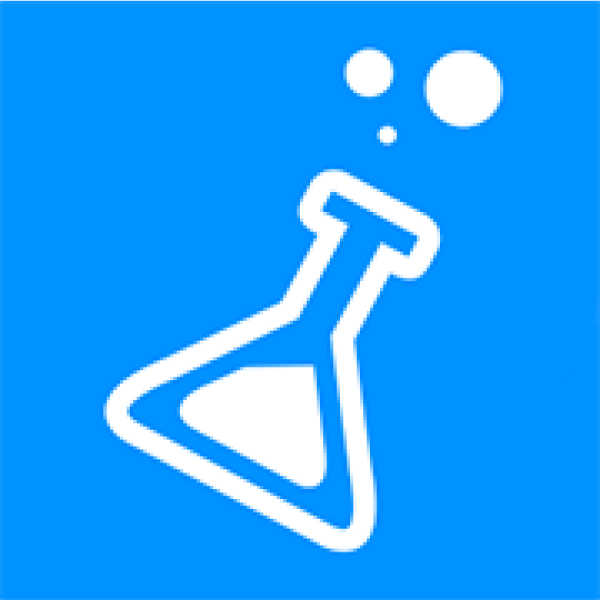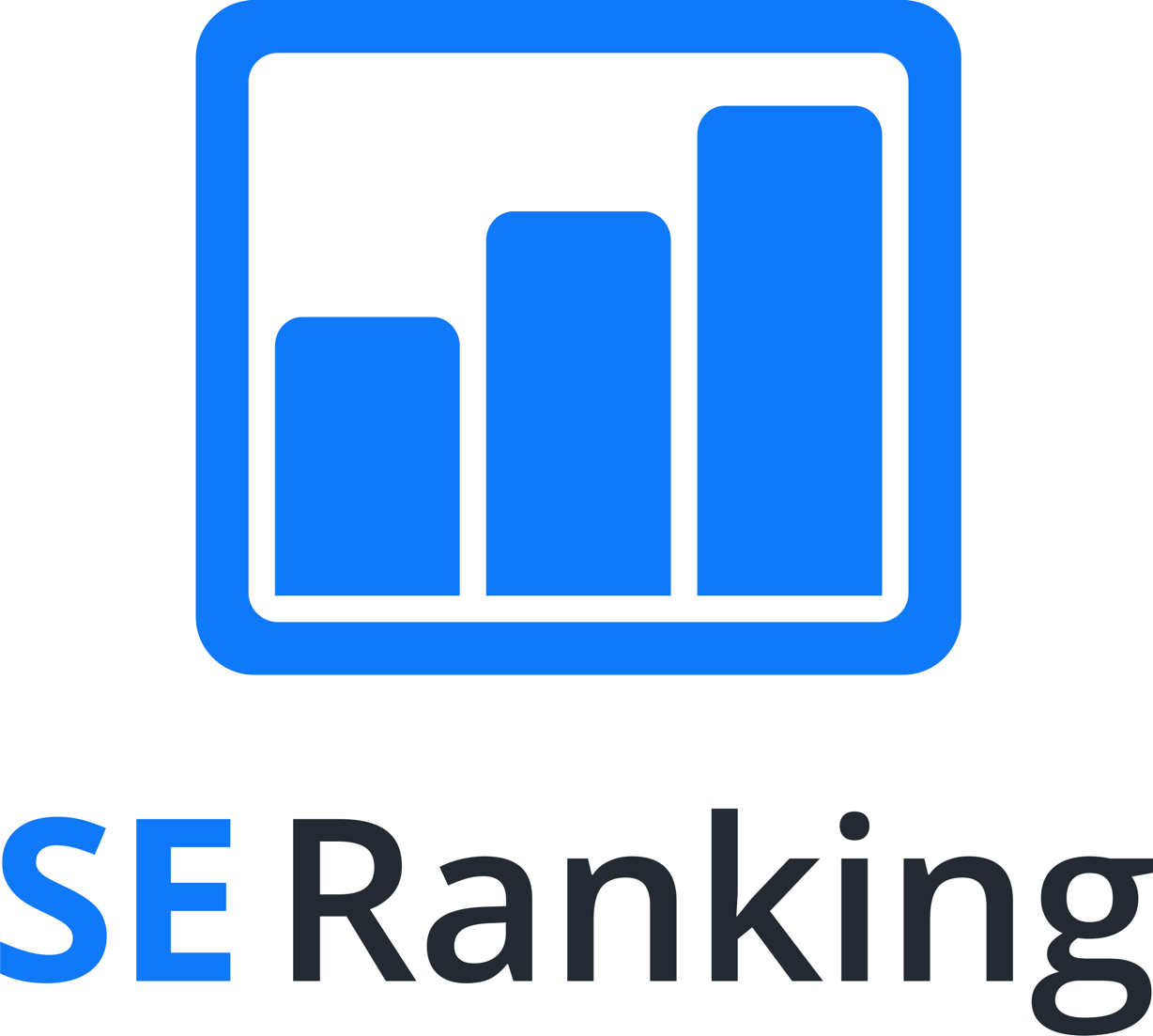Description

SERPtimizer

Yoast
Comprehensive Overview: SERPtimizer vs Yoast
SERPtimizer and Yoast are two prominent tools used in the field of search engine optimization (SEO). Both offer a range of functionalities to help website owners enhance their online presence and improve their visibility in search engine results. Let's delve into an overview of each, comparing their functions, market share, and key differentiators.
a) Primary Functions and Target Markets
SERPtimizer
Primary Functions:
- SEO Audits: Provides comprehensive audits of websites to identify areas for improvement in SEO, such as crawlability, on-page elements, and off-page factors.
- Keyword Tracking: Features tools to monitor keyword rankings and track their performance over time.
- Backlink Analysis: Offers insights into a website's backlink profile, helping users to identify valuable links and opportunities for improvement.
- Competitor Analysis: Allows users to analyze competitor websites to understand their strategies and position in the market.
Target Markets: SERPtimizer is generally targeted at SEO professionals, digital marketers, and small to medium enterprises (SMEs) looking for a robust SEO tool that offers extensive analytical capabilities.
Yoast
Primary Functions:
- On-Page SEO Optimization: Focuses on optimizing individual pages and posts for SEO through meta tags, content analysis, and readability checks.
- XML Sitemaps: Automatically generates XML sitemaps to enhance site indexing by search engines.
- Content Insights: Provides insights into content quality and SEO friendliness, including keyword usage and readability scores.
- Schema Markup Integration: Helps users implement structured data to enhance search engine interpretation and display.
Target Markets: Yoast is primarily aimed at WordPress users, from bloggers and small business owners to larger enterprises, who need an easy-to-use plugin for managing on-page SEO effectively. It caters to those who may have limited technical SEO knowledge.
b) Market Share and User Base
-
Yoast:
- Yoast is the dominant SEO plugin for WordPress, partly due to its ease of use and comprehensive free version. It holds a significant share of the WordPress SEO plugin market, with millions of active installations.
- It's popular among both individual bloggers and large websites due to its user-friendly interface and integration with WordPress.
-
SERPtimizer:
- While SERPtimizer is not as widely recognized as Yoast in the mainstream market, it caters to more technical SEO professionals who require in-depth analysis and insights.
- Its market share is much smaller compared to Yoast, as it targets a niche audience looking for detailed SEO reports and competitor analysis rather than a CMS-specific integration.
c) Key Differentiating Factors
-
Platform Integration:
- Yoast is a WordPress-exclusive plugin, making it highly integrated into the WordPress ecosystem. This offers seamless functionality for WordPress sites but limits its use outside this CMS.
- SERPtimizer, on the other hand, is not limited to any single CMS and can be used for various types of websites, providing versatility and broader reach.
-
Functionality Depth:
- Yoast focuses primarily on on-page SEO and is highly effective for real-time optimization tasks while creating or editing content.
- SERPtimizer offers more extensive tools for off-page SEO analysis like backlink analysis and competitor insights, appealing to advanced SEO users looking for a comprehensive SEO toolkit.
-
Ease of Use vs. Analytical Depth:
- Yoast is renowned for its ease of use, making it accessible for non-technical users who want straightforward on-page SEO solutions.
- SERPtimizer provides more complex data and actionable insights, requiring a bit more SEO knowledge to leverage fully, which suits users who are looking for data-driven SEO decisions.
In summary, Yoast is ideal for users on WordPress who prioritize ease of use and on-page SEO optimization, while SERPtimizer is designed for SEO professionals and marketers who need a broader toolset for both on-page and off-page analysis independent of any specific CMS platform.
Contact Info

Year founded :
Not Available
Not Available
Not Available
Not Available
Not Available

Year founded :
2010
Not Available
Not Available
Netherlands
Not Available
Feature Similarity Breakdown: SERPtimizer, Yoast
When comparing SEO tools like SERPtimizer and Yoast, it's essential to understand the core features, user interfaces, and unique offerings that each brings to the table. Here's a breakdown of their similarities and differences:
a) Core Features in Common:
- On-Page SEO Analysis: Both SERPtimizer and Yoast provide tools for analyzing and optimizing the content on a webpage for search engines. This includes keyword optimization, readability analysis, and content suggestions.
- SEO Audit: They offer site audits to identify technical SEO issues such as broken links, missing meta tags, and other elements that could affect search engine rankings.
- Keyword Management: Both tools involve features for keyword tracking and management, helping users select and target appropriate keywords for content.
- Performance Tracking: They allow users to track the performance of their SEO efforts, offering insights into rankings, traffic, and other metrics.
- Competitive Analysis: Both include features to analyze how competitors are performing, which can help users strategize their SEO efforts.
b) User Interface Comparison:
- SERPtimizer: Known for its intuitive and streamlined interface, SERPtimizer focuses on a user-friendly experience with dashboards that provide quick insights into key SEO metrics. The design is typically clean, with a focus on ease of navigation and quick access to various tools and reports.
- Yoast: Primarily integrated into WordPress as a plugin, Yoast utilizes the WordPress dashboard, making it highly accessible for WordPress users. The interface is straightforward and integrates seamlessly into the WordPress editor, displaying real-time analysis as users create or edit content.
c) Unique Features:
- SERPtimizer:
- Comprehensive Site Audit Reports: SERPtimizer is known for its detailed site audit reports that provide extensive insights into a website's health and offer clear, actionable recommendations.
- Local SEO Tools: It offers specific features to enhance local SEO efforts, which is beneficial for businesses targeting local markets.
- Yoast:
- Content Optimization Assistance: Yoast stands out with its in-editor tips and real-time analysis feature for content optimization, including suggestions for internal linking, which is highly beneficial for those creating content directly in WordPress.
- Schema Markup Integration: Yoast provides automatic schema markup, helping search engines understand the content's context, which can improve SERP visibility and result in rich snippets.
Each tool has its strengths, and the choice between them might ultimately depend on the user's specific needs, the platform they are using (e.g., WordPress), and their preference for certain features or user interface styles.
Features

Not Available

Not Available
Best Fit Use Cases: SERPtimizer, Yoast
When considering SERPtimizer and Yoast for optimizing search engine performance, it's important to assess how each tool fits various business types, project needs, industry verticals, and company sizes.
SERPtimizer
a) Best Fit Use Cases for SERPtimizer
-
SEO Agencies and Consultants: SERPtimizer provides robust tools for keyword analysis, backlink tracking, and competitor insights, making it well-suited for professional SEO agencies that need comprehensive data for multiple clients.
-
E-commerce Platforms: Businesses running e-commerce platforms can leverage SERPtimizer's detailed analytics to understand customer search behaviors and optimize product listings for better visibility.
-
Tech Savvy SMEs: Small to medium-sized enterprises with in-house marketing teams skilled in SEO can effectively use SERPtimizer's detailed features for technical and on-page SEO optimization.
-
Projects Requiring Deep Analysis: For projects where extensive keyword ranking tracking, competitor analysis, and audit reports are necessary, SERPtimizer offers the depth needed for complex SEO strategies.
Yoast
b) Preferred Scenarios for Yoast
-
WordPress Websites: Yoast is particularly optimal for businesses operating WordPress sites, offering seamless integration and easy-to-use features directly within the WordPress dashboard.
-
Content-Centric Businesses: Companies focused heavily on content marketing, such as blogs, online magazines, or content-driven niches, benefit from Yoast’s strong emphasis on content SEO, readability analysis, and snippet optimization.
-
Small Businesses and Solo Entrepreneurs: Ideal for small business owners or solo entrepreneurs who require an easy-to-understand tool without needing advanced technical SEO expertise to improve their site’s search visibility.
-
Budget-Constrained Projects: Yoast's basic features are available for free, which is attractive for businesses that need to manage costs while achieving foundational SEO improvements.
Catering to Different Industry Verticals or Company Sizes
-
Industry Verticals: Both tools cater to a wide range of industries but in different capacities. SERPtimizer, with its comprehensive analytics, appeals to highly competitive industries such as finance, real estate, and travel. Yoast, on the other hand, excels in sectors where content quality and SEO basics are paramount, like education, lifestyle, or small local businesses.
-
Company Sizes:
- SERPtimizer is often preferred by mid-to-large enterprises and agencies due to its extensive features and ability to manage multiple SEO campaigns effectively.
- Yoast caters more to small businesses and individual entrepreneurs due to its ease of use, affordability, and integration capabilities with WordPress, making it more accessible for those with limited technical expertise or budget.
Ultimately, the choice between SERPtimizer and Yoast will depend on the specific SEO needs, technical capabilities, and resource allocations of the business or project in question.
Pricing

Pricing Not Available

Pricing Not Available
Metrics History
Metrics History
Comparing undefined across companies
Conclusion & Final Verdict: SERPtimizer vs Yoast
When evaluating SEO tools like SERPtimizer and Yoast, several factors need consideration to determine which product offers the best overall value. Analyzing their features, pricing, user experience, and support, we can come to a conclusion for each:
a) Best Overall Value:
Yoast generally offers the best overall value. It has been a staple in the SEO community for years and integrates directly with WordPress, which powers a significant portion of the web. Its regular updates, robust feature set, and the large user community make it a compelling choice for ease of use and community support.
b) Pros and Cons:
Yoast:
- Pros:
- Ease of Integration: Seamless integration with WordPress.
- Comprehensive Features: Advanced readability analysis, keyword optimization, and XML sitemap creation.
- User Community and Support: Large community and extensive documentation.
- Regular Updates: Frequently updated in line with SEO best practices.
- Cons:
- Cost for Advanced Features: Free version available, but many powerful features are gated behind the premium version.
- Learning Curve for Beginners: Some users might find the plethora of features overwhelming at first.
SERPtimizer:
- Pros:
- Comprehensive Tools: Offers a range of tools for SEO analysis, including SEO audit and keyword research.
- Competitive Pricing: Typically offers value for those needing a wide range of SEO tools for different platforms.
- Cross-Platform Usage: Not limited to WordPress, suitable for various website platforms.
- Cons:
- Less Integration with WordPress: Might not offer the seamless experience Yoast does for WordPress users.
- Smaller User Base: Less community support compared to Yoast, which might impact the availability of user-generated help and resources.
c) Recommendations:
For WordPress Users:
- Yoast should be the default recommendation for WordPress users due to how well it integrates with the platform, providing direct enhancements and optimizations specific to WordPress sites.
For Non-WordPress Users:
- SERPtimizer might be more appealing for those managing websites on other platforms or who require a broader range of SEO tools beyond on-page optimization.
For Budget-Conscious Users:
- The choice might depend on whether their needs are met by the free versions or they require paid features. Yoast’s free version might meet the needs of smaller websites, whereas SERPtimizer's competitive pricing can appeal to those requiring comprehensive SEO audits and cross-platform support.
Final Recommendation:
- Evaluate the specific needs of your website and your familiarity with SEO practices. If you're looking for a well-rounded tool with strong community support and use WordPress, Yoast offers excellent value. However, for those needing a broad toolset applicable to multiple web platforms, SERPtimizer could be more suitable. Assess your website platform, budget, and specific SEO requirements to make the best decision tailored to your needs.
Add to compare
Add similar companies




